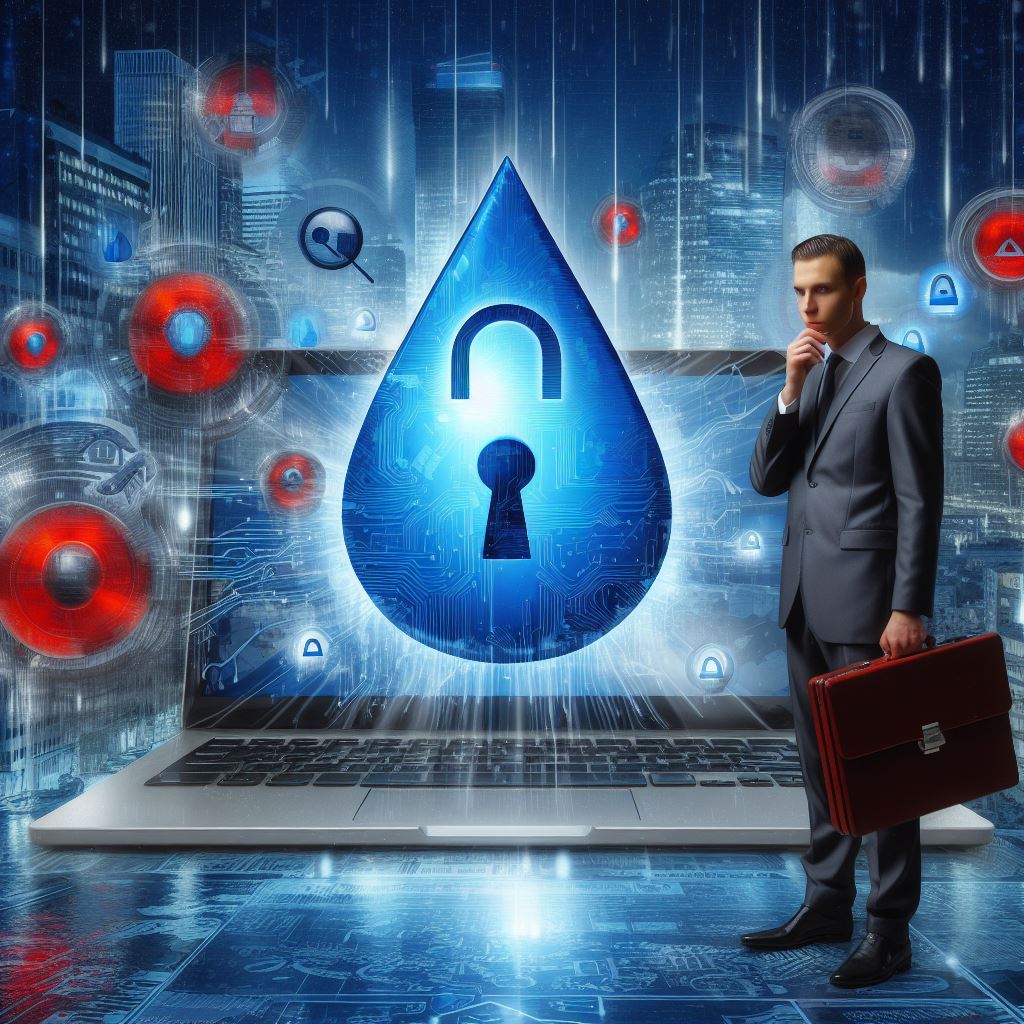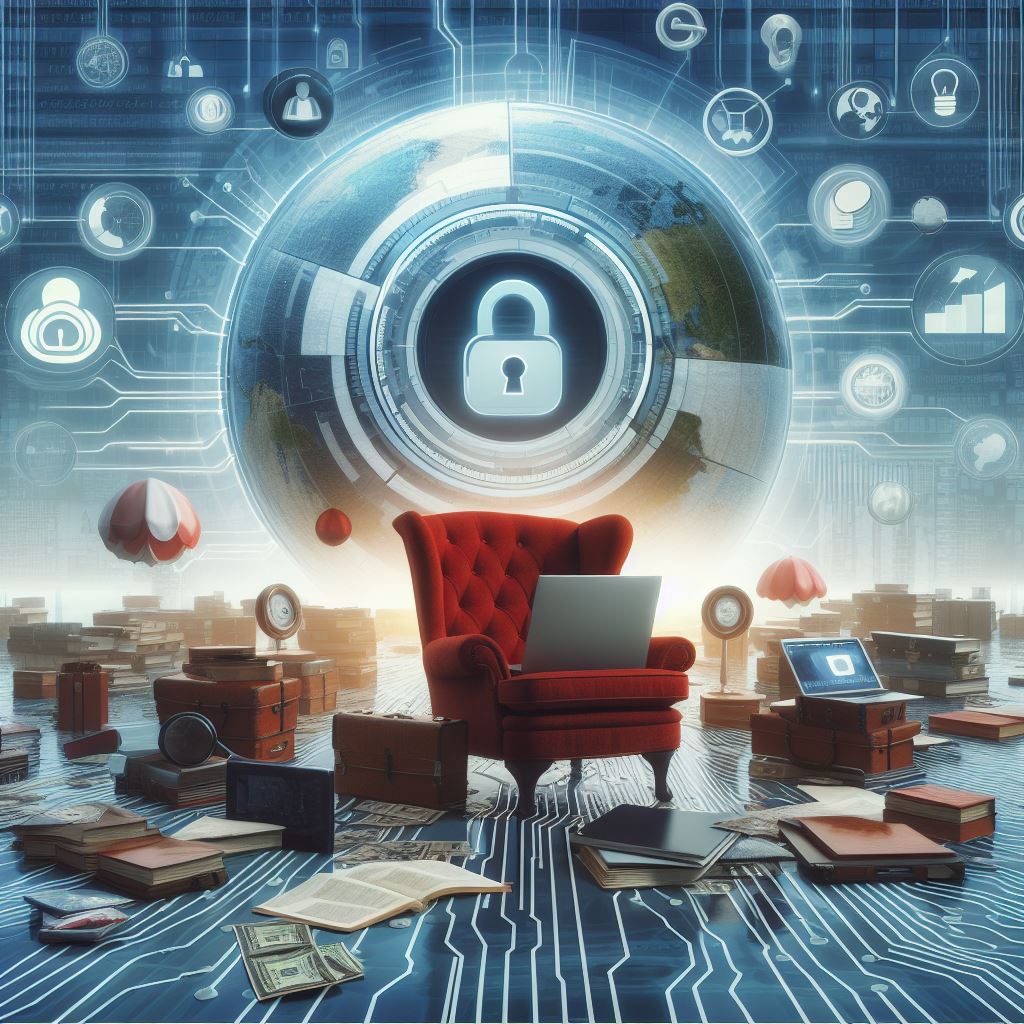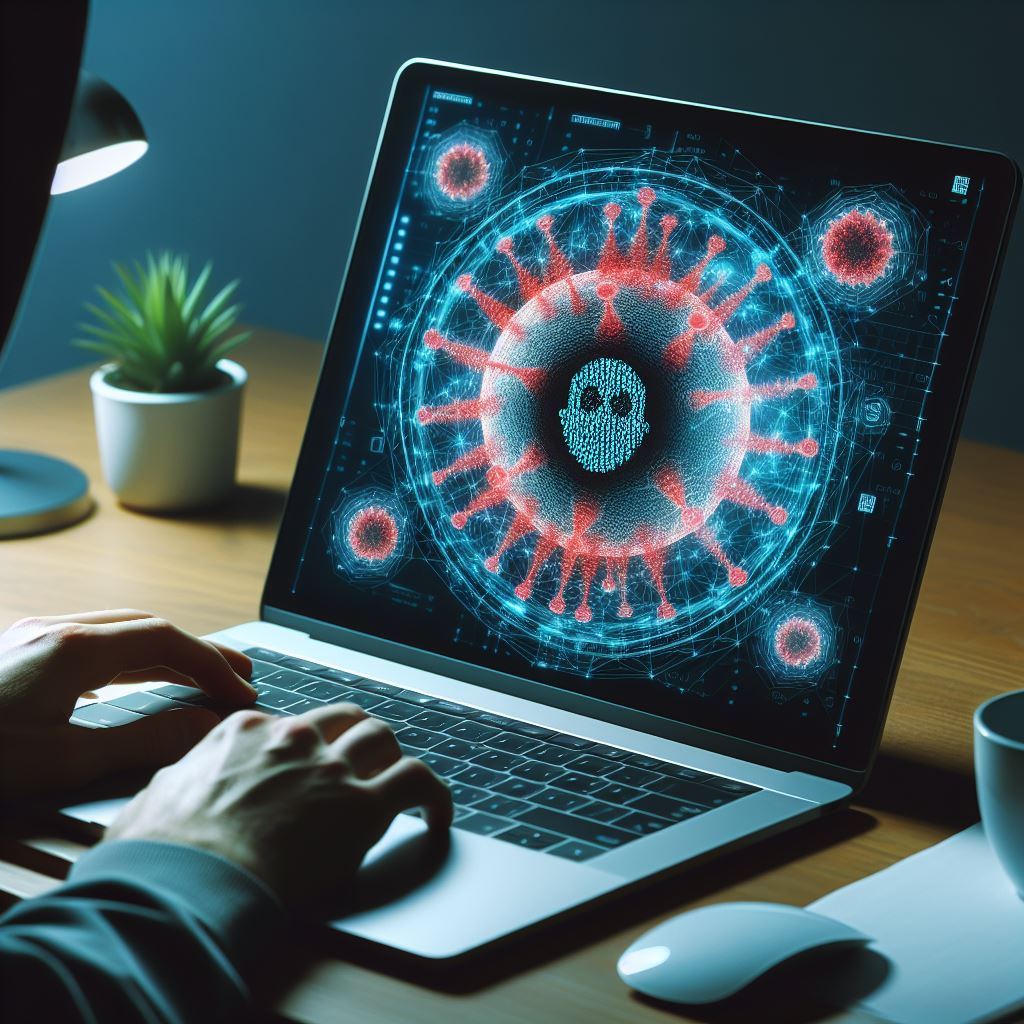Leaks are a common occurrence in the digital age. From government secrets to celebrity scandals, leaks have become a part of our daily news cycle. But what exactly are leaks, and why do they happen? In this article, we’ll explore the world of leaks and the impact they have on our society.
What Are Leaks?

Leaks are the unauthorized release of confidential or sensitive information to the public. This information can range from classified government documents to private emails and personal photos. Leaks can come from a variety of sources, including whistleblowers, hackers, and even accidental disclosures.
The Rise of Puppiwi of Leaks
One of the most notorious sources of leaks in recent years is the anonymous Twitter account known as Puppiwi of Leaks. This account has gained a large following by leaking sensitive information from various organizations and individuals.
Puppiwi of Leaks claims to be a group of hackers who are dedicated to exposing corruption and wrongdoing. They have leaked information from government agencies, corporations, and even celebrities. Their leaks have caused a stir in the media and have sparked debates about the ethics of leaking sensitive information.
The Mikaylah of Leaks Scandal

Another high-profile leak in recent years was the Mikaylah of Leaks scandal. In 2014, a hacker gained access to the personal iCloud accounts of several celebrities, including Jennifer Lawrence and Kate Upton. The hacker then leaked private photos and videos of these celebrities, causing a media frenzy and sparking debates about privacy and security.
The Mikaylah of Leaks scandal shed light on the vulnerability of personal data in the digital age. It also raised questions about the responsibility of companies to protect their users’ data.
Why Do Leaks Happen?

Leaks can happen for a variety of reasons, but they are often motivated by a desire to expose wrongdoing or to gain attention. Here are some of the most common reasons why leaks occur:
Whistleblowing
Whistleblowing is the act of exposing illegal or unethical activities within an organization. Whistleblowers may leak information to the public in order to bring attention to these activities and hold those responsible accountable.
Whistleblowers often face backlash and legal consequences for their actions, but they are protected by laws such as the Whistleblower Protection Act in the United States.
Hacking
Hacking refers to unauthorized access to computer systems or networks. Hackers may leak sensitive information as a way to gain notoriety or to expose vulnerabilities in a system.
In some cases, hackers may also leak information for financial gain. They may demand a ransom in exchange for not releasing the information or sell the information to the highest bidder.
Accidental Disclosures
Not all leaks are intentional. Accidental disclosures can happen when someone accidentally shares sensitive information or when a system is compromised due to a security breach.
Accidental disclosures can have serious consequences, especially when it comes to personal data. Companies must take steps to protect their users’ data and prevent accidental leaks.
The Impact of Leaks
Leaks can have a significant impact on individuals, organizations, and society as a whole. Here are some of the ways that leaks can affect us:
Damage to Reputations
Leaks have the potential to harm the reputations of individuals and organizations. For example, a company may suffer a loss of trust and credibility if sensitive information about their practices is leaked to the public.
Individuals may also face backlash and damage to their personal and professional reputations if private information is leaked without their consent.
Legal Consequences
Leaks can also have legal consequences for both the leaker and the organization or individual whose information was leaked. Whistleblowers may face legal action for violating confidentiality agreements or for exposing classified information.
Organizations may also face legal action for failing to protect sensitive information or for violating privacy laws.
Impact on National Security
Leaks of classified government information can have serious implications for national security. The release of sensitive information can compromise ongoing operations and put lives at risk.
Governments must take steps to prevent leaks and protect classified information from falling into the wrong hands.
How to Prevent Leaks
Preventing leaks is a complex issue, but there are steps that organizations and individuals can take to protect sensitive information. Here are some tips for preventing leaks:
Implement Strong Security Measures
Organizations should implement strong security measures to protect their data from hackers and accidental disclosures. This includes using encryption, regularly updating software, and training employees on data security best practices.
Limit Access to Sensitive Information
Not everyone in an organization needs access to sensitive information. Limiting access to only those who need it can reduce the risk of leaks.
Educate Employees on Data Security
Employees should be educated on data security best practices and the consequences of leaking sensitive information. This can help prevent accidental disclosures and ensure that employees understand the importance of protecting confidential information.
Conclusion
Leaks are a complex issue that can have serious consequences for individuals, organizations, and society. While it’s impossible to completely prevent leaks, taking steps to protect sensitive information and educating employees on data security can help reduce the risk of leaks.
As technology continues to advance, it’s important for individuals and organizations to stay vigilant and take steps to protect their data from falling into the wrong hands. By working together, we can help prevent leaks and protect our privacy and security in the digital age.
For more information, visit: Clochant




